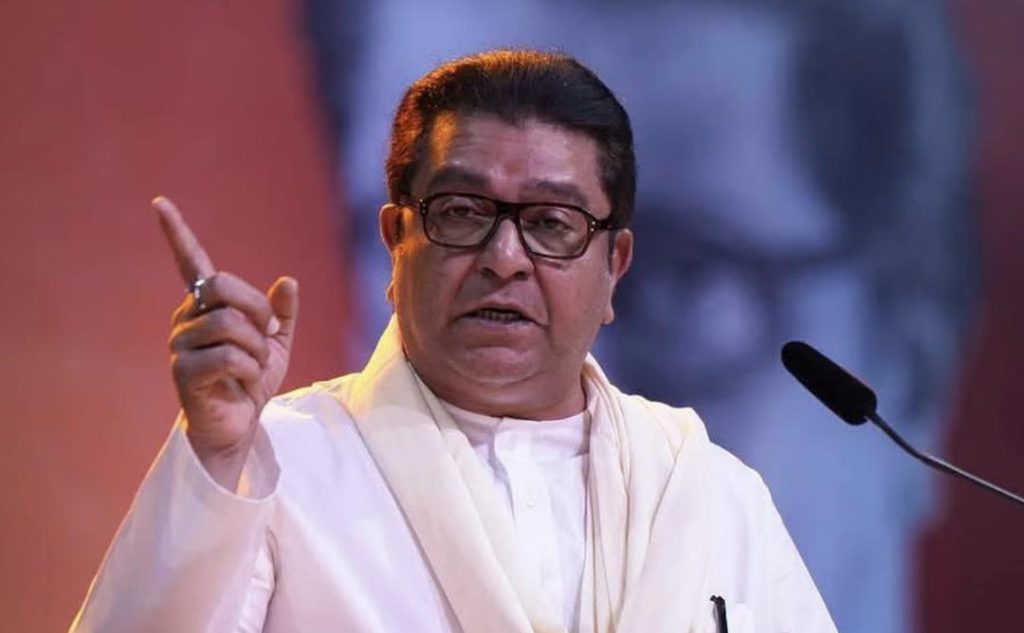
Don’t speak to media: Raj Thackeray to MNS workers on language row
The ongoing Hindi vs Marathi row in Maharashtra has reached a new level of intensity, with the Maharashtra Navnirman Sena (MNS) chief, Raj Thackeray, issuing a gag order to his party workers. The order, which prohibits MNS workers from interacting with the media, has sparked widespread debate and raised questions about the party’s intentions.
According to reports, Raj Thackeray has instructed his party workers not to speak to newspapers, news channels, or any digital media without his explicit permission. The order also applies to the party’s spokespersons, who are now required to consult with Thackeray or obtain his permission before engaging with the media.
The gag order was issued as a measure to prevent MNS workers from making any statements that could be misinterpreted or taken out of context. Thackeray believes that the media is biased and that his party’s views are often distorted or misreported. By controlling the flow of information, Thackeray hopes to prevent any further escalation of the language row.
However, the gag order has also raised concerns about the party’s commitment to transparency and accountability. Critics argue that by silencing MNS workers, the party is attempting to stifle dissent and restrict the flow of information. This move could also be seen as a sign of weakness, as the party is unable to handle scrutiny and criticism from the media.
The Hindi vs Marathi row has been a contentious issue in Maharashtra for several months now. The dispute began when a Hindi-speaking teacher was beaten up by a group of Marathi-speaking students in a school in Pune. Since then, the situation has deteriorated, with both sides engaging in a war of words and protests.
The MNS, which has been at the forefront of the language row, has been accused of promoting linguistic chauvinism and encouraging violence against Hindi speakers. The party has also been criticized for its handling of the situation, with many accusing Thackeray of exploiting the issue for political gain.
Thackeray has denied these allegations, claiming that the MNS is fighting for the rights of the Marathi-speaking people and against the imposition of Hindi on the state. He has also accused the media of being biased against the MNS and of distorting the party’s views.
The gag order is seen by many as a desperate attempt by Thackeray to control the narrative and prevent the media from scrutinizing the party’s actions. By silencing MNS workers, Thackeray hopes to prevent any further criticism and maintain a positive image of the party.
However, the gag order is unlikely to achieve its intended purpose. The media is a powerful force, and it is unlikely to be silenced by a simple order. The gag order has already sparked widespread criticism, with many accusing Thackeray of trying to stifle dissent and restrict the flow of information.
In conclusion, the gag order issued by Raj Thackeray to MNS workers is a misguided attempt to control the narrative and prevent criticism. By silencing MNS workers, Thackeray is attempting to stifle dissent and restrict the flow of information. This move could have serious consequences, as it could lead to a decline in transparency and accountability within the party.
The language row in Maharashtra is a complex issue, and it requires a nuanced approach to resolve. The MNS, like all political parties, has a responsibility to engage with the media and the public in a transparent and accountable manner. By issuing a gag order, Thackeray is failing to meet this responsibility and is instead attempting to stifle dissent and restrict the flow of information.






